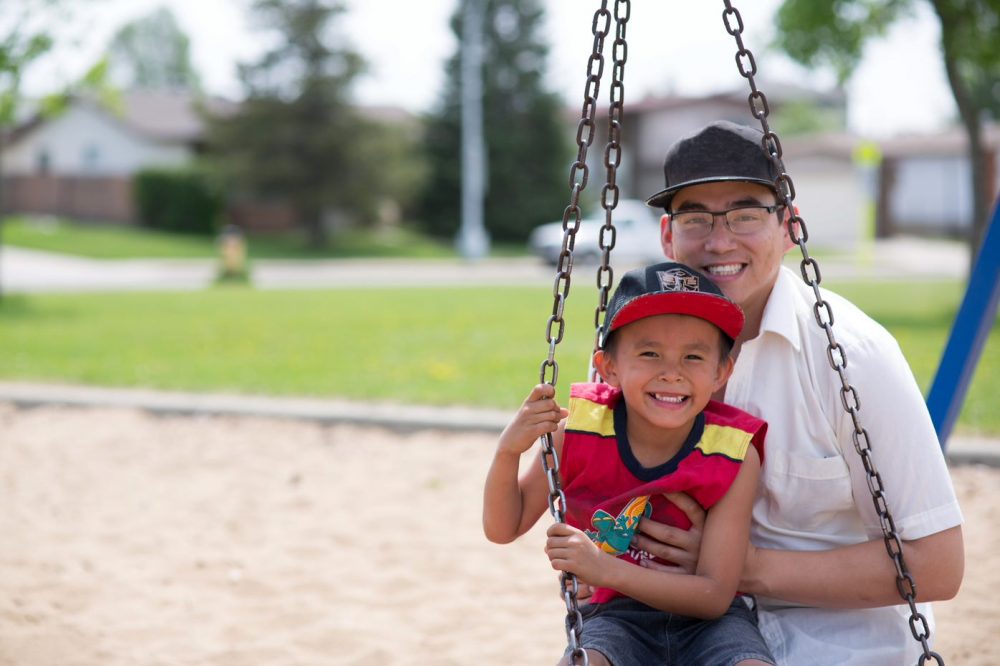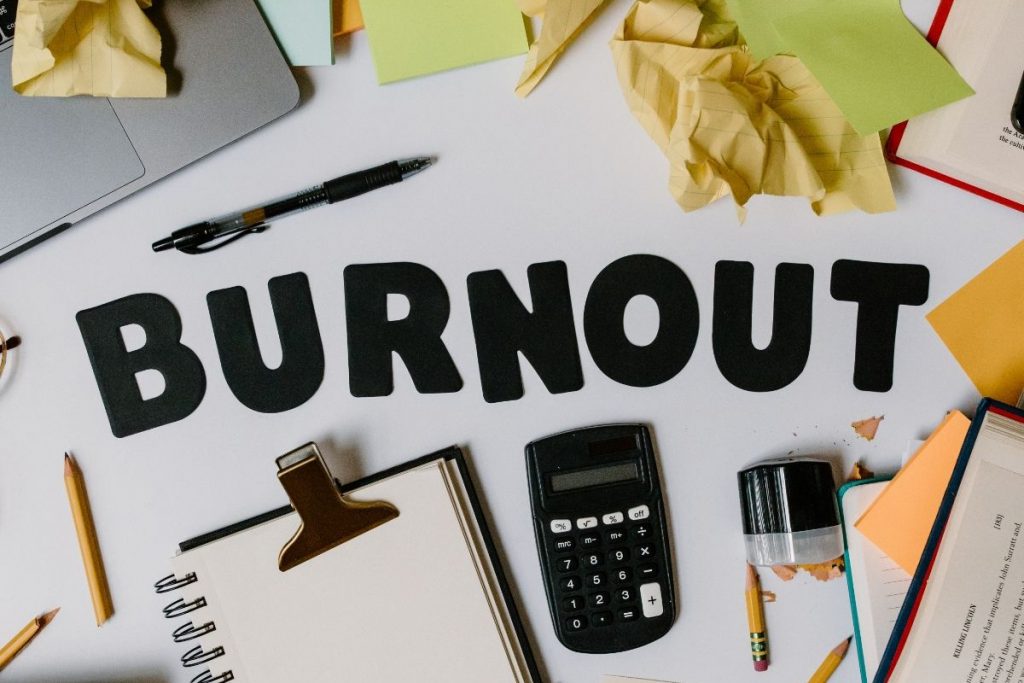November 19, 2019

Brian Sawyer is a member of United Way’s Sponsored Campaign Representative (SCR) program, which offers a unique professional, personal, and community development experience for the leaders of tomorrow. He aspires to learn more about UW programs to better inform potential donor groups about our desired outcomes. This blog offers his perspective on men’s mental health and how we can support it on.
This year I wanted to research a segment of our programs from a ‘men’s perspective’, as I have been part of a non-profit men’s peer support group for 20 years. I had originally sought their help with parenting and relationship issues, and I have enjoyed the ongoing benefits of working with men who are emotionally available and who model healthy masculinity. This ties in with the mission of International Men’s Day which aims to celebrate the positive value men bring to the world, to their families and their communities. It also aims to raise awareness of men’s well being, including men’s mental health.
When people living in poverty lose patience or hope, it can have multiple complex causes and disturbing outcomes, including abuse, mental health issues, addictions, domestic violence, and broken families. 75% of suicides in Alberta involve men; 500 per year, and I have known three of them. 75% of Edmonton’s homeless population are men. Men of my generation (Baby Boomers) generally keep emotions like fear, anger, pain and shame bottled up, where they fester or slip out sideways under pressure. This may explain why men die younger than women, and why 90% of domestic violence perpetrators are men.
United Way supports many excellent programs for victims of domestic violence. 98% of those seeking help are women and children. But, men comprise a much bigger proportion of victims than I realized – 20% of police-reported incidents – and abuse in the LGBTQ community is hardly ever reported. 25-45% of LGBTQ youth are leaving home because of family rejection and abuse.
United Way supports men to break the cycle of abuse, addictions, mental health and anger issues through counselling programs, which helps to address the root causes of violence. Family counselling is available through many school programs, and one of our funded partners, the Kara Family Resource Centre, has a specific program for single fathers to help them learn more about child development, communication, and other positive parenting skills.
I wish there could be more programs geared specifically towards helping men

Mental health has been an ongoing concern, even before the pandemic caused social isolation and increased stress at home and work. Burnout can easily happen when we feel overwhelmed.